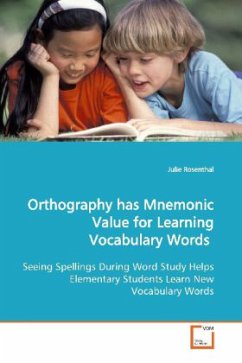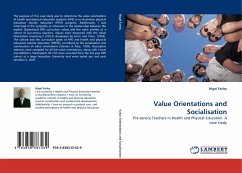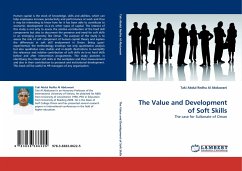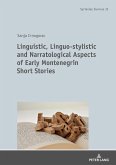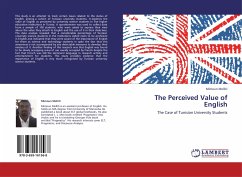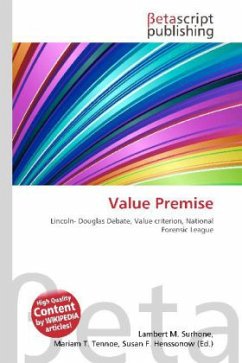This study was an examination of the mnemonic value
of spellings for securing vocabulary words and their
meanings in memory. Second and fifth graders were
each taught two sets of unfamiliar words and their
definitions as oral responses in paired-association
learning tasks. During study periods, students were
shown spellings of one set of words, and they
received extra practice reciting the other set of
words but never saw their spellings. Learning to
pronounce the words when their pictures were shown,
and learning to state meanings of the words when the
words were heard were the responses taught.
Learning of words and meanings favored the spelling
condition. Children with the largest printed word
lexicons benefited most from seeing spellings,
indicating a "Matthew effect" for word learning.
Results are interpreted as providing evidence for
the mnemonic value of spellings in vocabulary
learning because they provide readers with
orthographic images useful for storing
pronunciations along with their meanings in memory.
of spellings for securing vocabulary words and their
meanings in memory. Second and fifth graders were
each taught two sets of unfamiliar words and their
definitions as oral responses in paired-association
learning tasks. During study periods, students were
shown spellings of one set of words, and they
received extra practice reciting the other set of
words but never saw their spellings. Learning to
pronounce the words when their pictures were shown,
and learning to state meanings of the words when the
words were heard were the responses taught.
Learning of words and meanings favored the spelling
condition. Children with the largest printed word
lexicons benefited most from seeing spellings,
indicating a "Matthew effect" for word learning.
Results are interpreted as providing evidence for
the mnemonic value of spellings in vocabulary
learning because they provide readers with
orthographic images useful for storing
pronunciations along with their meanings in memory.

